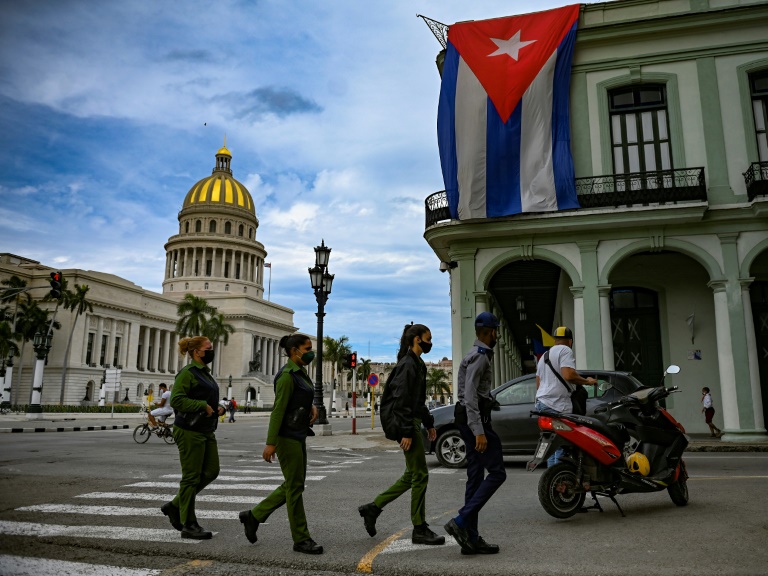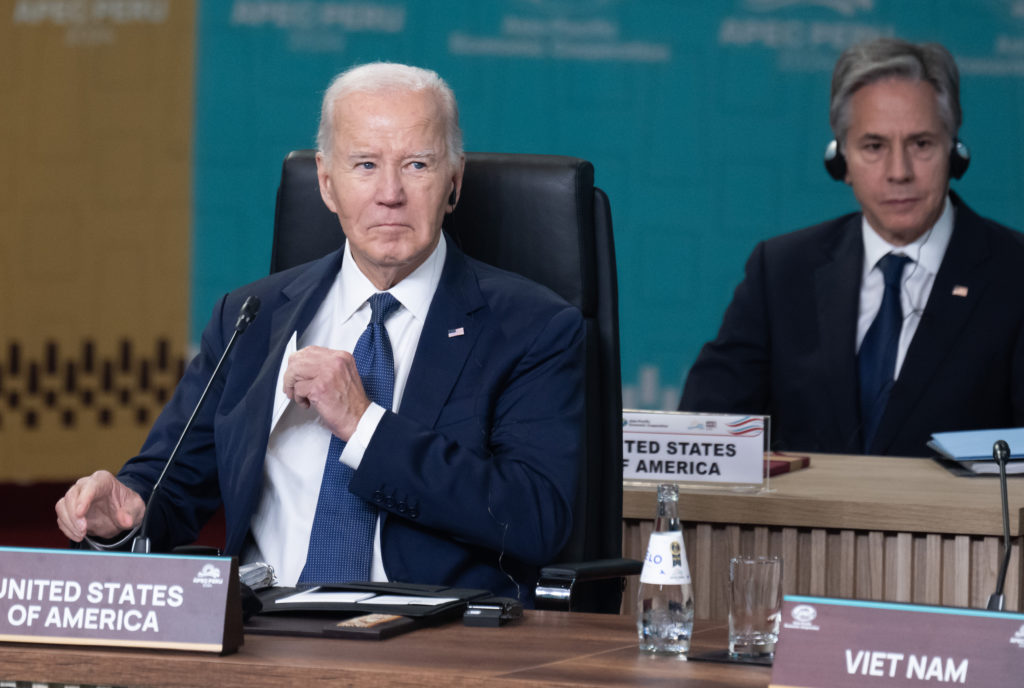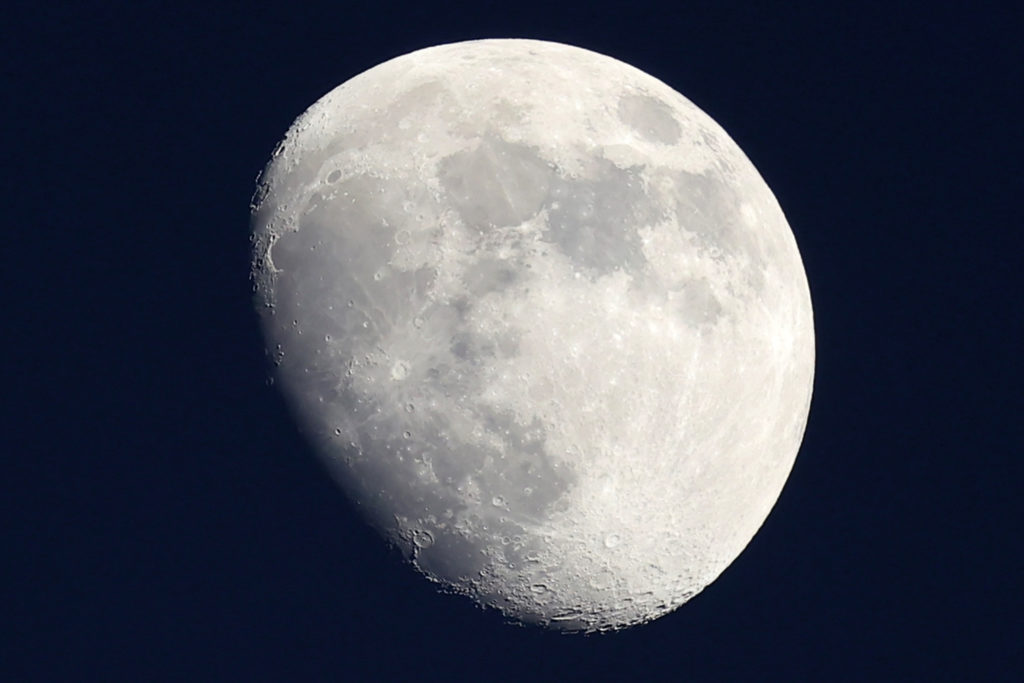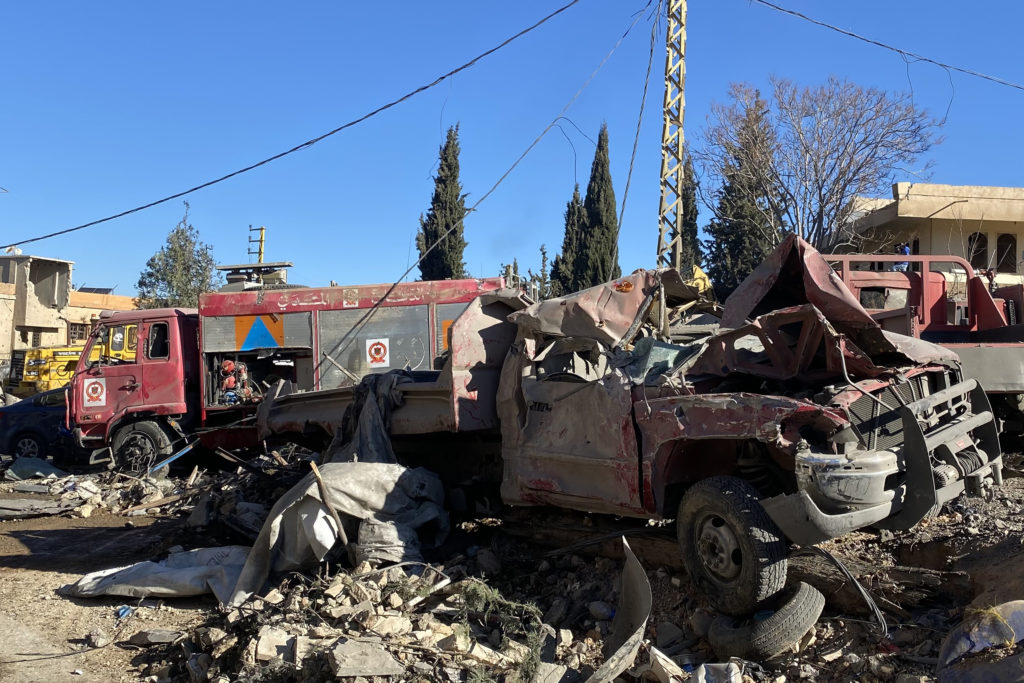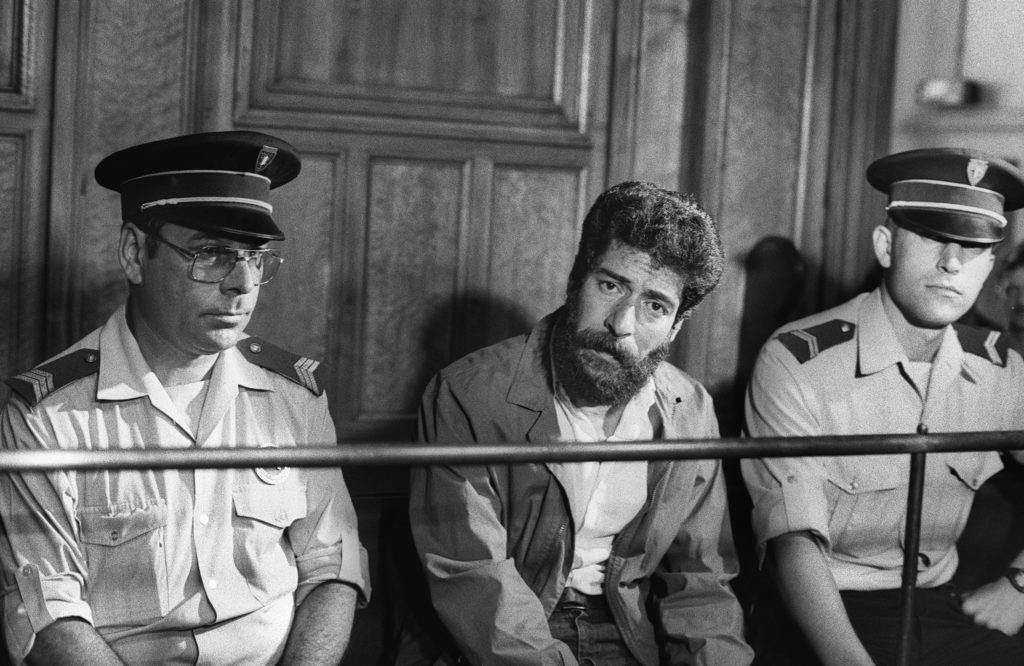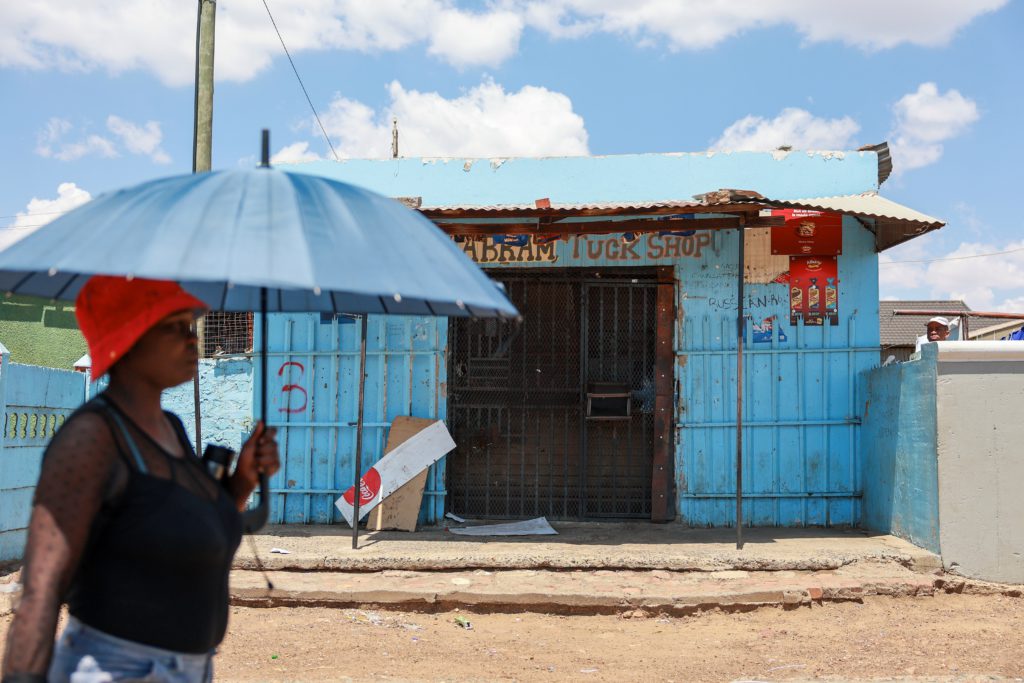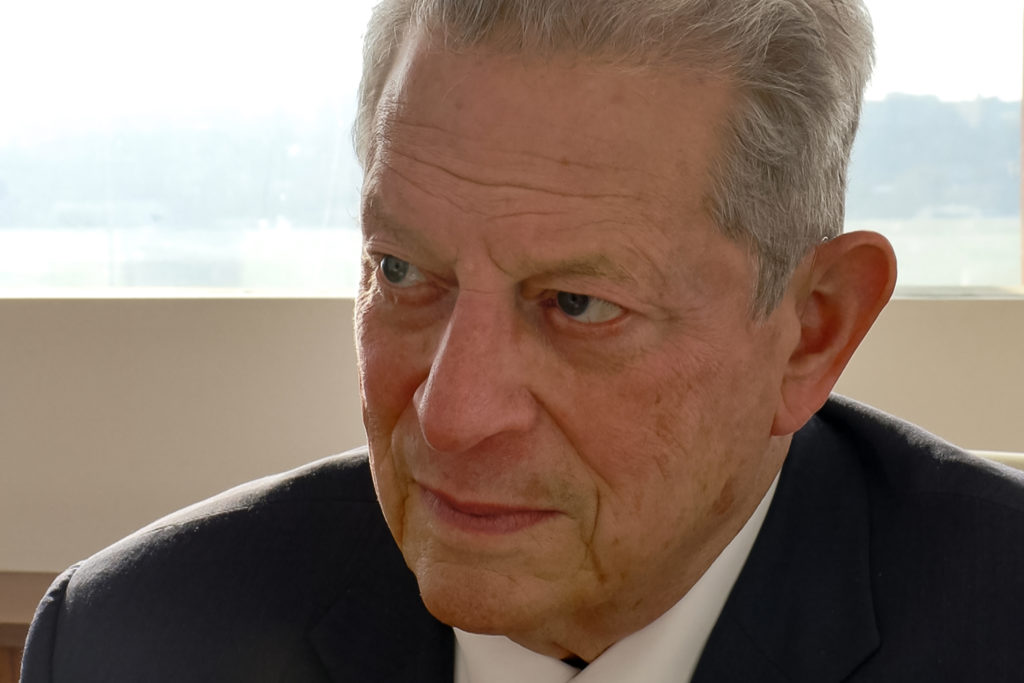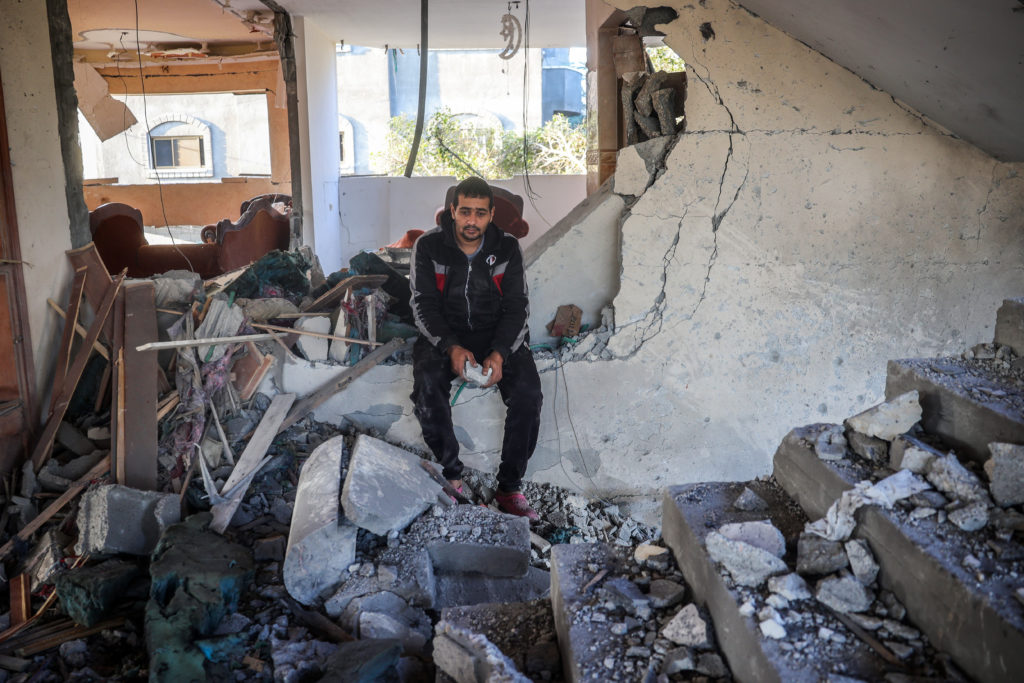Cuban opposition group Archipelago on Tuesday hit out at the government’s “repression” of a planned protest and called on its supporters to keep demonstrating for another 10 days.
A planned protest on Monday was thwarted as opposition leaders were detained and security forces flooded the streets to prevent people from gathering.
Archipelago blasted “the extreme militarization of the streets, more than 100 activists besieged, arbitrary detentions, forced disappearances, repudiation, violence, threats, coercion and hate speech” in a statement sent to AFP.
“The resurgence of repression against citizens and peaceful protesters is not and will not be accepted,” said Archipelago.
The group, which has 30,000 members inside and outside Cuba, called on protesters to continue their struggle by wearing white, carrying white roses, creating personal videos and banging pots and pans at night, until November 27.
That was the date last year on which more than 300 young artists staged a protest outside the culture ministry demanding freedom of expression.
Amongst those detained Monday were opposition figure Manuel Cuesta Morua, 58; the leader of the Ladies in White rights movement Berta Soler; and her husband Angel Moya, a former political prisoner.
Another government critic, Guillermo Farinas, has been detained since Friday, and numerous protest organizers and independent journalists were reportedly confined to their homes by the security forces Monday, with their internet cut.
Archipelago’s founder, playwright Yunior Garcia, 39, is in police custody after he was prevented from embarking on a one-man weekend protest.
As of Tuesday, reporters have been unable to contact him and he has not posted on social media.
An Archipelago coordinator, Daniela Rojo, whom the group had reported missing for days, has been arrested, too, the organization said. It said her social media accounts have vanished and it is not known where she is being held.
Archipelago has vowed to continue its struggle to “free all political prisoners” and to defend freedom of speech and the right to assemble.
The opposition group planned Monday’s protest after being galvanized by unprecedented country-wide spontaneous demonstrations that broke out in July.
Those were fueled by growing anger at economic hardship and demands for “freedom,” but a crackdown by security forces left one person dead, dozens injured and 1,270 arrested in a country where displays of public discontent are rare and risky.
More than 650 are still in jail, according to rights group Cubalex.

